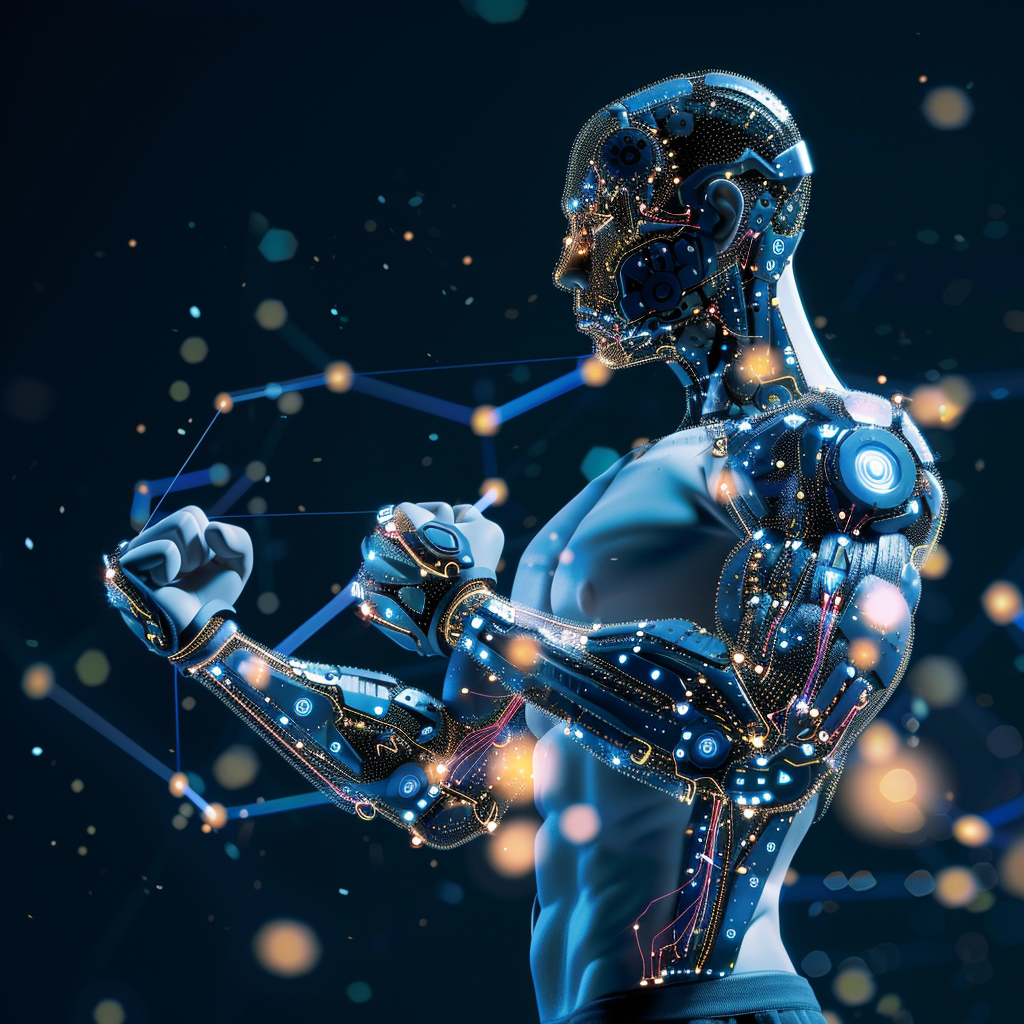The Role of AI in Personalized Fitness Programs
Explore how artificial intelligence is used in fitness apps and programs to create personalized workout and nutrition plans.
Artificial intelligence (AI) is playing an increasingly significant role in the world of personalized fitness programs, revolutionizing the way we approach our health and wellness goals. Fitness apps and programs are leveraging the power of AI to create tailored workout routines and nutrition plans that cater to individual needs, preferences, and fitness levels. Here’s how AI is contributing to this personalized fitness experience:
- Intelligent Workout Planning: AI algorithms can analyze a user’s fitness data, such as age, weight, height, fitness level, goals, and past workout history, to generate personalized workout plans. These plans are designed to target specific areas for improvement, while also considering the user’s limitations and preferences. AI can continuously adapt and modify the routines based on the user’s progress and feedback, ensuring a challenging yet sustainable fitness journey.
- Exercise Form Correction: With the help of computer vision and motion-tracking technologies, AI can analyze a user’s exercise form and provide real-time feedback and corrections. This not only helps prevent injuries but also ensures that the exercises are performed correctly for maximum effectiveness.
- Virtual Personal Training: AI-powered virtual personal trainers can provide customized coaching and motivation, mimicking the experience of working with a human personal trainer. These virtual trainers can adjust their approach based on the user’s performance, preferences, and feedback, creating a highly personalized and engaging experience.
- Nutrition and Meal Planning: AI algorithms can analyze a user’s dietary preferences, allergies, and fitness goals to create personalized meal plans and nutrition recommendations. These plans can take into account factors such as caloric intake, macronutrient ratios, and even personal taste preferences, ensuring that the user’s dietary needs are met while enjoying their meals.
- Predictive Analytics: AI can analyze a user’s historical data, along with data from other users with similar profiles, to predict potential roadblocks, plateaus, or areas of improvement. This allows the fitness program to proactively adjust and provide recommendations to help the user overcome challenges and achieve their goals more efficiently.
By leveraging AI, fitness apps and programs can provide a level of personalization that was previously unattainable. This not only increases the effectiveness of the fitness regimen but also enhances user engagement and motivation, ultimately leading to better results and a higher likelihood of achieving long-term fitness goals.
